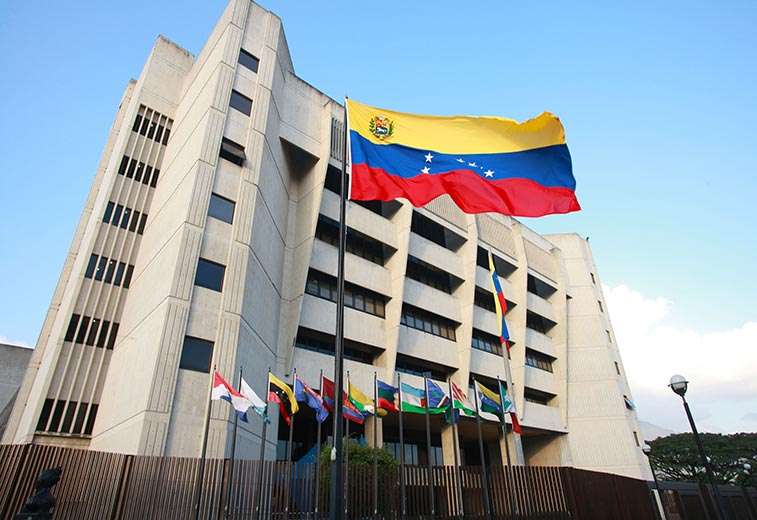He International Book Day is celebrated every April 23, to promote reading, editorial industry and the protection of intellectual property through copyright. This date was established in 1995 by UNESCO, and its choice is not accidental: the April 23 coincides with the death of three great figures of universal literature In 1616, Miguel de Cervantes, William Shakespeare and Garcilaso de la Vega, which makes this day a symbol for world literature.
In Bolivia, he has the merit of including that historical date in the country of Education of Bolivia to promulgate Resolution No. 1146/90 of April 2, 1990, which declared April 23 as National Book Day, five years before UNESCO does it worldwide.
The main reasons for this commemoration are:
1. Pay tribute to the authors and their legacy: The date celebrates the life and work of writers who have marked the cultural history of humanity, highlighting their contribution to reflection, imagination and critical thinking.
2. Promote the habit of reading: Through activities in schools, libraries and cultural centers, it seeks to cultivate love for books from childhood and make reading a daily practice.
3. Foster the editorial industry and access to the book: The day also highlights the importance of supporting publishers, bookstores and libraries as fundamental pillars of access to knowledge and culture.
4. Defend copyright: The celebration recalls the need to respect intellectual property and combat practices such as plagiarism or piracy, which directly affect creators and cultural development.
5. Highlight its value as a tool for social transformation: Books allow you to preserve memory, share knowledge and build bridges between generations and cultures. In times of crisis or uncertainty, reading has proven to be a shelter and a source of resilience, as happened in the times of the Covid pandemic.
On this special date
“It is demoralizing to see your photocopied or shared work without your consent in social networks or reading groups,” says Alfredo Rodríguez Peña, president of the Cruceña de writers Cross -Coimbra Sanz Skilies and victim of the theft of the author’s authorities of two of his published titles.
“Beyond money, it is a lack of respect for time, creativity and the effort invested on each page,” says the author.
In Bolivia, where access to the book often depends on the independent effort of authors and small publishers, piracy not only prevents fair economic compensation, but also discourages literary production. The book ecosystem that includes designers, editors, illustrators and booksellers, is affected by this chain of misappropriation.
Bárbara Antelo, author of the Saga Eufi, of great acceptance among the adolescent reader, has also seen her books plagiarized with the particularity that, in one of them, the “pirates” have omitted the flap in which his biography is recorded. That is, whoever buys the falsified version receives it incomplete.
This phenomenon is very frequent, according to the author, the plagiamen not only copy, but also manipulate the original contents and thus also deceive the consumer who acquires books of very poor quality, with discolored illustrations, low grammage paper and fastened that do not support the passage of time.
Although there are no official data on the impact of book piracy in the country, authors and booksellers Cruceños perceive that the problem is growing because it is no longer about small pirate books settled in some parts of the city; Behind this illegal business are large organizations that have cutting -edge technology, distribution networks and sales schemes so well structured.
These networks are also added the reproduction of works through photocopiers, an activity known as reprography, and that not only affects the owners of intellectual works, since they do not charge any gift for the use and partial reproduction of their creations; but also to importers and distributors of works and texts that must compete against informal businesses that do not pay taxes; The editorial industry in general that makes huge efforts to stand up.


















